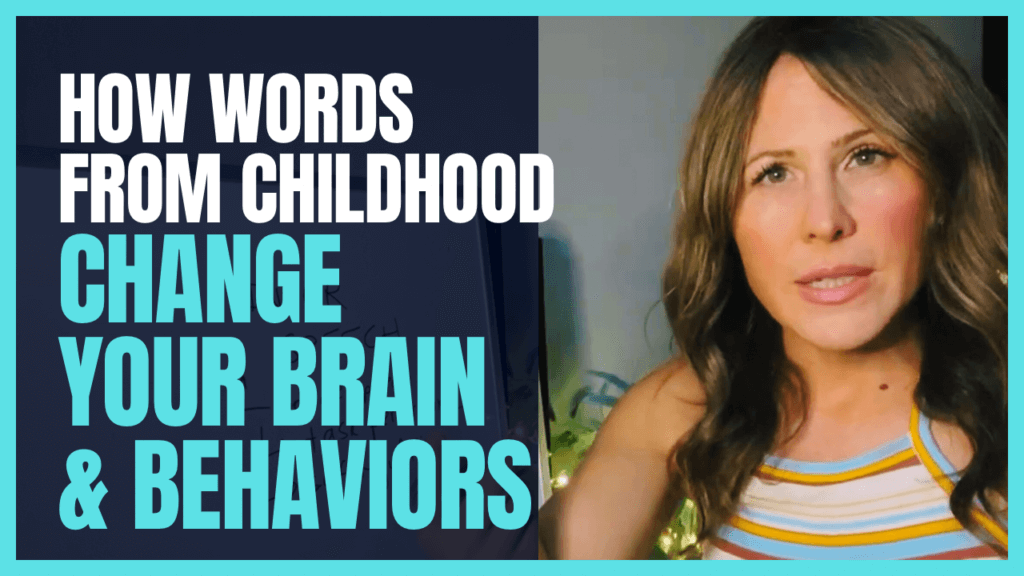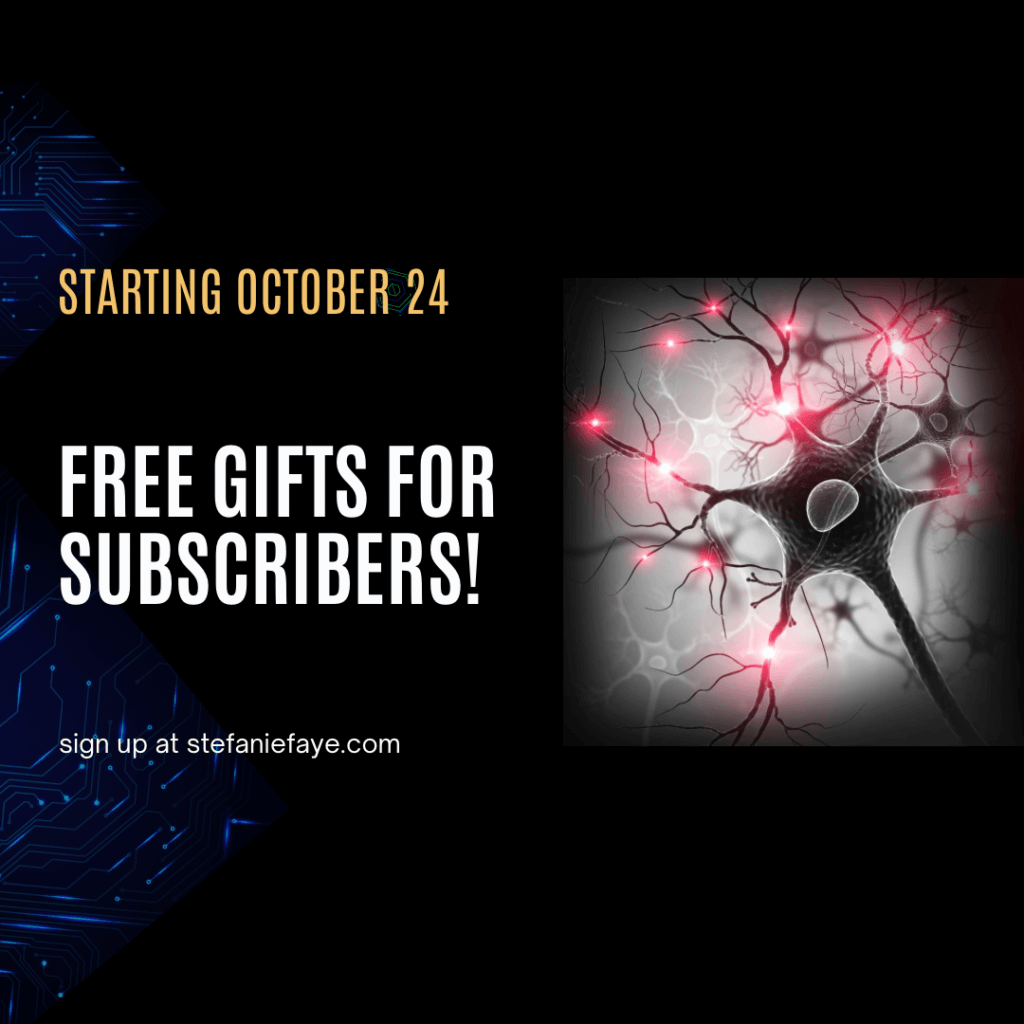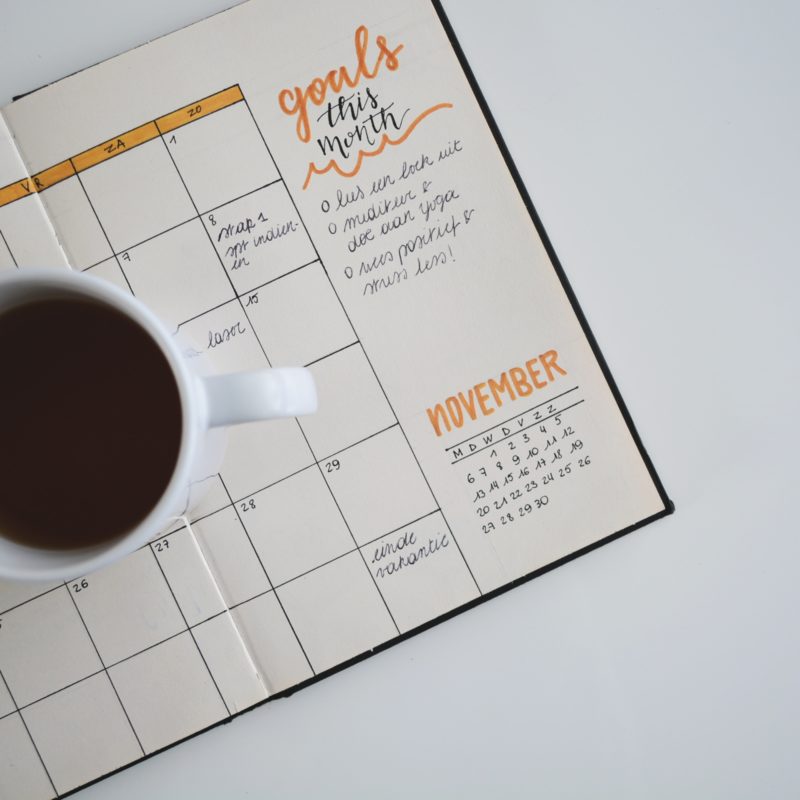“Through others we become ourselves.”
― Lev S. Vygotsky

Do you remember the kinds of words that the people around you, especially your caregivers, used to talk about and solve their problems, regulate their own behavior, and regulate the behavior of others? Or perhaps very few words at all?
Were they generic words like ‘always’, ‘never’, or statements that seemed like something is unchangeable about a person or circumstance? Were they strongly valenced - meaning their descriptions of people and things had strong ‘flavors’ of disgust or approval? Did their words apply largely to categories of people and things, or were their words more individuated and precise?
Despite what many people may think, words matter. A lot.
The words that the people around you used when you were little play a very big part in a specific type of speech that you started to form in your preschool years, which then evolved into another type of speech as you got older.
These specific kinds of speech have correlations with how we perform on tasks, how we regulate our own emotions, and also how competent we are at directing our attention and solving problems.
Learn about how these two types of speech are formed, and what we can do to improve our own inner dialogues and problem solving in this week’s video.
There is a progression of words we hear into words we think.
Understanding this can help us notice that there are certain kinds of inner monologues happening within us as we try to regulate our own behavior or affect the behavior of others.
Think about the words that you heard growing up, and what words the people around you now are using.
Understand that you may have many unconscious ways of talking through things in your head without realizing you're doing that. And those unconscious ways are influenced by the words you expose yourself to.
Lev Vygotsky was one of the key developmental scientists to study and write about these developmental phases. I list his research and many others who followed in my upcoming book, The Biomechanics of Communication: Attachment, Regulation and Systems Thinking.
I also highly recommend the Revised And Expanded Edition of Thought and Language by Lev Vygotsky, published my MIT press.
By watching videos like these and reading articles or listening to podcasts and books about neuroscience and emotions regulation, systems thinking, and mindset and you are exposing yourself to a wider variety of words.
The more of these kinds of words you can internalize and express, the more they can help you regulate your internal state and navigate challenges. Cognitive and dialectical behavior therapy are also two fields of psychotherapy that deal a lot with how our words affect and reflect our thoughts, moods and behaviors.
Give attention and intention to the words you consume and express each day.
They affect your thoughts. They affect how you talk to yourself and how you solve problems. Those internal mechanisms lead to your behaviors, moods and decisions.
“Language is the tools of tools”
-Lev Vygotsky
Coming up in next week’s video… why distraction can actually be a GOOD thing! (Let’s hear what resilience research has to say about it).
On a side note..
My book is ALMOST done.. still some final touches on figures and formatting, and then off to print! The publishing company is De Gruyteres - primarily a STEM textbook company. I am honored that they approached me to write a book and to have a team of editors reviewing it. My book is a tribute to all the incredible researchers out there who devoted their time, minds and energy to helping all of us better understand and I,prove the human experience. Each chapter has extensive research citations - I see this book almost as a reference book for getting to know existing research on communication, neuroscience, systems thinking, attachment theory, emotion regulation and many more topics. The title is: The Biomechanics of Communication: Attachment, Regulation and Systems Thinking. I’ll be updating you as soon as I hear more about the release date!
For the the next few weeks, I’ll be giving subscribers free mini gifts as a thank you for their support and for being a subscriber.
These gifts will be handouts or slides I’ve used in previous workshops and training. Make sure to subscribe and share this link if you’d like to get these gifts or share them with someone who you think might benefit from having these resources! Starts next week!
Another workshop coming up in November… I’ll send an update next week!
.



